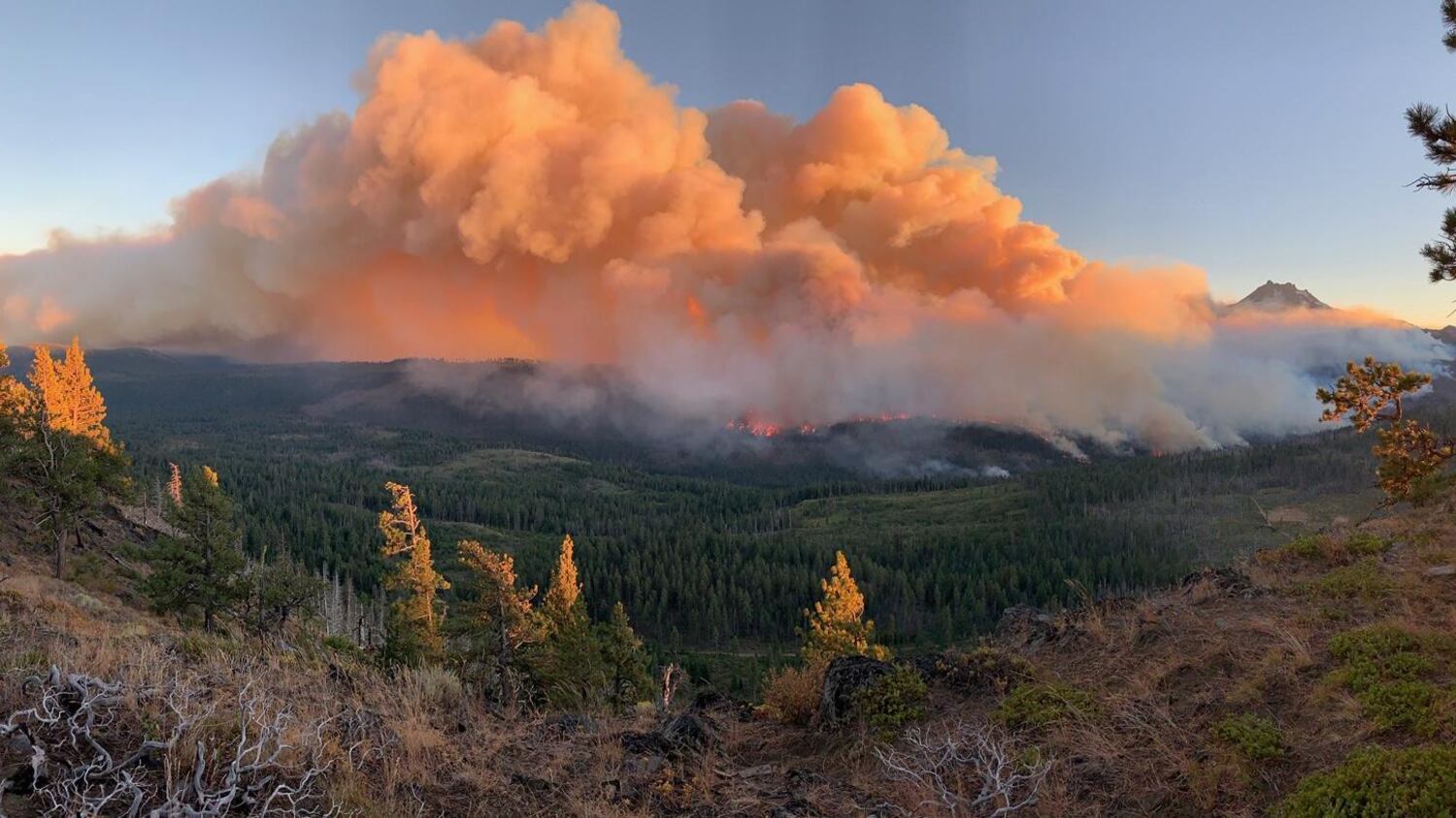WW presents “Distant Voices,” interviews for the era of social distancing. Our reporters are asking Portlanders what they’re doing during quarantine.
Over the weekend, Portland achieved an unfortunate record—this past April was the driest ever recorded.
The sunny weather has been a welcome reprieve for stir-crazy Portlanders. But for those who study wildfires, it’s deeply concerning.
Prolonged drought contributed to last year’s megafires. The state hasn’t recovered from last year’s dry spell, and has already seen fire weather this spring.
“At this point, we’re actually drier than we were last year,” says Larry O’Niell, an associate professor at Oregon State University and the state climatologist with Oregon Climate Science. “That will play into a potentially higher fire risk.”
O’Neill is the co-author of a recent study about the drought and weather conditions that lead to last year’s devastating wildfires. The study found that the easterly winds that stoked last summer’s flames were not unprecedented, but the combination of severe drought, a dry atmosphere and strong winds was. Climate change is expected to bring more droughts and drier air, meaning that the conditions that caused last year’s fires are likely to become much more common—and thus much more likely to happen at the same time as those easterly winds.
“We’ve never experienced a wildfire like that,” says O’Neill. “Going forward, that’s going to be—I don’t want to necessarily say the new normal, but we’re going to have to deal with wildfire the way that California has been grappling with them the past 20 years.”
Fire forecasting is complicated, and no one factor can determine what a wildfire season will look like. But at the very least, the current drought conditions aren’t reassuring.
“What we can do in the very short term is basically prepare for the fire,” says O’Niell. “In the longer term, we have to do something about climate change.”
See more Distant Voices interviews here.

